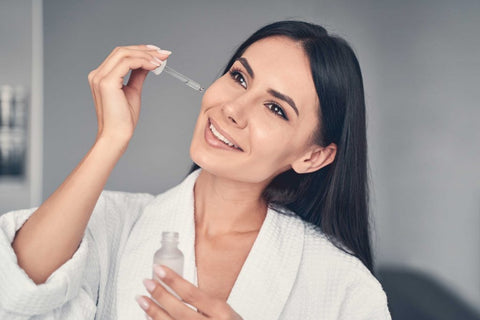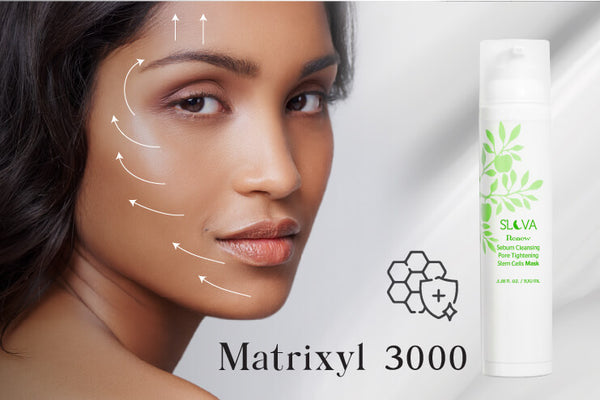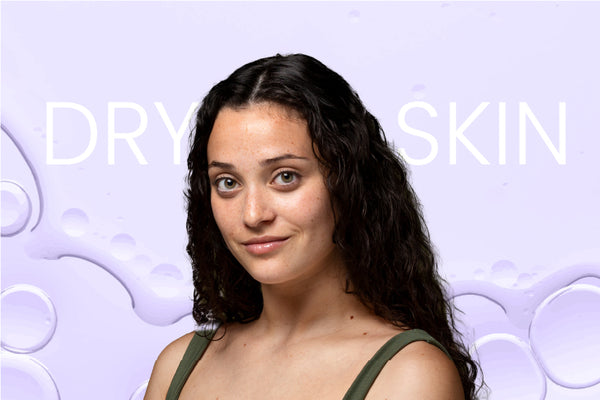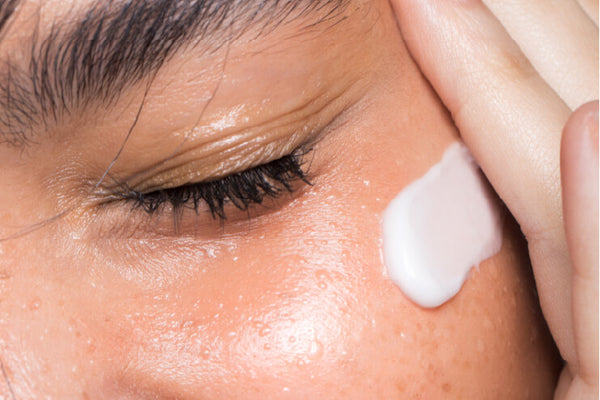Note: "Add 2 products to avail Buy 1 Get 1.
Not Applicable on Combo products."
Different Types of Retinoids and How They Benefit Your Skin

Retinoids, the derivatives of Vitamin A, are one of the most used and most studied anti-aging compounds. In the early 1970s Tretinoin, under the brand name Retin-A, was the first retinoid that was used as an acne treatment. It was later discovered that it also evens out pigmentation, reduces age spots, fades actinic keratosis spots, and speeds the turnover of superficial skin cells. Since then, retinoids have been extensively used for the treatment of acne, skin aging, psoriasis, and certain types of cancers. They also have anti-inflammatory properties.
How do retinoids work?
Retinoids work by neutralizing free radicals in the skin that may be causing collagen damage.
Collagen: It is essential for youthful-looking and healthy skin. As you age, the collagen and elastin production is reduced, thus leading to saggy skin, fine lines, wrinkles, and other age spots.
Retinoids preserve the collagen stores and also promote new collagen production.
Retinoids help in:
- Improving skin texture
- Reducing acne and acne spots
- Increasing hydration levels
- Improving skin tone
- Reducing age spots
- Reducing overall pigmentation
How to apply retinoids?
Retinoids come in the forms of cream, gel, and liquid. These medications are usually applied to the skin once a day (preferably night), 20-30 minutes after cleansing your face. They are the most commonly prescribed topicals by dermatologists for acne.
Types of Retinoids and what they do

Retinyl palmitate: It is the least potent OTC retinoid. You can consider this retinoid if you have sensitive or excessively dry skin and have minimal wrinkling.
Retinol: It is the standard ingredient found in OTC retinoid products. It is used in the treatment of acne, keratosis pilaris, fine lines, wrinkles, and hyperpigmentation. It also improves the texture of the skin and helps in combating dryness.
Retinaldehyde: It is an OTC retinoid that is stronger than retinol. It promotes skin cell turnover, helps unclog pores, improves skin tone and texture, thickens the dermis to slow down the formation of wrinkles and fine lines.
Tretinoin: It is a potent retinoid that is available by prescription only. It is used in the treatment of acne, psoriasis, keratosis pilaris, fine lines, wrinkles, and hyperpigmentation. It also treats the chronic inflammation of hair follicles and sebaceous glands.
Tazarotene: It is the most powerful retinoid and is available through a prescription only. It is used in the treatment of acne, psoriasis, and chronically photodamaged skin. It provides photoprotection from sunlight.
Adapalene: This retinoid is now available over the counter and is used to treat acne, inflammation, and keratosis.
Although retinoids are effective in treating various skin conditions, their strength can also bring possible side effects (especially when you first start using the products).
Possible side effects of retinoids on skin:
- Excessive dryness of the skin
- Skin redness
- Scaling of the skin
- Itching
- Discoloration
You’re more likely to experience these side effects if you’re using multiple anti-aging products at one time.
Note: Don’t use retinoids if you’re pregnant or breastfeeding.
How to avoid side effects of retinoids:
- Always do a skin patch test before applying any new products
- Introduce only one new skincare product at a time
- Wait for 2 to 3 weeks before adding another new product to your skincare routine
- Apply the retinoid cream every other night for the first week or two and then adjust to nightly
- Start with a lower retinoid concentration and gradually increase the strength over time
- Wear sunscreen every day
- Moisturize daily
Summing up
Retinoids are promising products in the anti-aging skincare industry. However, it may take up to 6 months for wrinkles and fine lines to improve after using retinoids regularly. If you fail to see the desired result after using retinoids for several months, then it is time to see your dermatologist again.
It is important to keep in mind that overuse of this medication can lead to the development of chronic skin dryness, discoloration, and irritation. If you notice any of these side effects then contact your dermatologist immediately.


